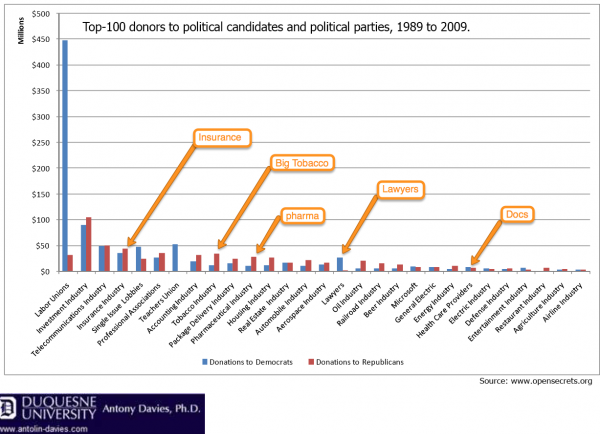October 17th, 2011 by Dinah Miller, M.D. in News
No Comments »



U N I T E D N A T I O N S
THE SECRETARY-GENERAL—MESSAGE ON WORLD MENTAL HEALTH DAY: 10 October 2011
There is no health without mental health. Mental disorders are major contributors to illness and premature death, and are responsible for 13 percent of the global disease burden. With the global economic downturn – and associated austerity measures – the risks for mental ill-health are rising around the globe.
Poverty, unemployment, conflict and war all adversely affect mental health. In addition, the chronic, disabling nature of mental disorders often places a debilitating financial burden on individuals and households. Furthermore, individuals with mental health problems – and their families – endure stigma, discrimination and victimization, depriving them of their political and civil rights and constraining their ability to participate in the public life of their societies.
Resources allocated for mental health by governments and civil society are Read more »
*This blog post was originally published at Shrink Rap*
September 10th, 2011 by GruntDoc in Health Policy, Research
3 Comments »

Why don’t docs get more of what they want in DC? There’s a quite instructive graph in a blog post from NRO last week (talking about Union campaign donations), but I found this one to be very instructive, and have added labels so the point cannot be missed:

In politics, generally what you give is what you get. I’ve taken to giving more to the PACs that represent me.
As an aside, it’s political malpractice to give only to one party (Teachers). Eventually that one party will be on the outs, and then where are you?
*This blog post was originally published at GruntDoc*
September 5th, 2011 by Happy Hospitalist in Health Policy
1 Comment »

One of the worst parts of my job over the years has been to tell patients I was going to bring them into the hospital as an observation status because they did not have any criteria for full inpatient status. There is a huge difference in how CMS pays for hospital care (excluding critical access hospitals) between inpatient versus observation.
Observation is considered outpatient. Medicare will pay for observation hospital services for up to 48 hours to allow physicians a chance to observe the patient and determine if they need to have an inpatient hospital admission. Observation was never intended to be used as a holding pit to help social workers arrange for a nursing home transfer during normal business working hours because it can’t be arranged, on either end, at 10 pm on a Friday night.
What used to be a moral family obligation to care for loved ones too weak to care for themselves has now been relinquished to the role of hospitals and hospitalists. And we all pay for it. Families have abandoned their loved ones for good. It’s really quite sad. Bringing patients into the hospital for the purpose of arranging a nursing home transfer is, in my opinion, a form of Medicare fraud, since these patients have no intention of being fully admitted.
But it’s paid for and will always be paid for, except when Read more »
*This blog post was originally published at The Happy Hospitalist*
August 30th, 2011 by Lucy Hornstein, M.D. in Health Policy, Opinion
No Comments »

Race is a medically meaningless concept.
Spare me the few tired cliches about prostate cancer, diabetes, and sarcoidosis being more common in blacks than whites, or even the slightly increased risk of ACEI cough in patients of Asian descent. We screen Jews of Ashkenazi descent for Tay Sachs without any racial labeling. All that information is readily accessible under the Family History section of the medical history. It is no more than custom which dictates the standard introductory format including age, race, and gender. It turns out I’ve blogged about this before at some length (pretty good post, actually). What is new is the advent of electronic medical records.
Much hullabaloo has been made about federal stimulus funds allocated to doctors as payments for adopting EMRs; “up to $44,000!” Here’s the problem with that figure, though, including how it breaks down (source here): Read more »
*This blog post was originally published at Musings of a Dinosaur*
August 27th, 2011 by Stanley Feld, M.D. in Health Policy, Opinion
2 Comments »

The Role of Physicians in Controlling Medical Care Costs and Reducing Waste by the RAND Corporation and David Geffen, University of California Los Angeles School of Medicine, Santa Monica was just published in the Journal of the American Medical Association (JAMA). I do not think the JAMA should have published this article.
1.Why would the JAMA publish such an article?
2. Why are physicians blamed for all the waste in the system?
3. Why is it the physicians’ responsibility to eliminate waste when they are not the cause of the greatest percentage of the waste?
“The amount of money spent on medical care is increasing faster than the gross domestic product (GDP), and the federal deficit is increasing.”
The initial statement assumes that the government deficit is increasing because physicians control government spending for healthcare.
This is only partly correct. Read more »
*This blog post was originally published at Repairing the Healthcare System*


















